Episode 223: Do Cover Crops Steal Water? Part 2
This episode of Voices from the Field continues the discussion between NCAT Sustainable Agriculture Specialist Colin Mitchell and Dr. Alexis Racelis of the University of Texas Rio Grande Valley about the use of cover crops in semi-arid subtropical environments.
While cover crops are heralded as a regenerative agriculture tool to improve soil health, integrating cover crops into farming systems can be challenging in drier climates. Colin and Dr. Racelis discuss whether cover crops even can be detrimental in some scenarios and steal water from cash crops.
In particular, the conversation centers on the Subtropical Soil Health Initiative (SSHI), a research partnership between NCAT and UTRGV to address soil health challenges in the Lower Rio Grande Valley. In this episode, Colin and Dr. Racelis talk about the SSHI’s research results so far and discuss upcoming research in the Rio Grande Valley.
If you missed the first part of the conversation, find the link in the notes below or follow this link.
Dr. Racelis is an associate professor with a joint appointment in the Department of Biology and the School for Earth, Environmental, and Marine Science at UTRGV. He leads the Agroecology and Resilient Food Systems program, which focuses on participatory research and education in restorative agriculture, agroecology, soil conservation and management, and food and farm justice.
Dr. Racelis also is a board member of NCAT and leads the UTRGV team on the NCAT Subtropical Soil Health Initiative.
This podcast was produced by the National Center for Appropriate Technology through the ATTRA Sustainable Agriculture program under a cooperative agreement with USDA Rural Development. This podcast was also made possible in part by funding from the USDA Natural Resources Conservation Service Conservation Innovation Grant, Grant #69-3A75-17-281.
Related ATTRA Resources:
- Do Cover Crops Steal Water? Part 1
- Cover Crop Options for Hot and Humid Areas
- Subtropical Organic Agriculture Research (SOAR)
- Sunn Hemp (Crotalaria juncea)
- Pigeon Pea (Cajanus cajan)
- The Two Best Legume Cover Crops for Hot and Humid Climates
- How to Make Sure Your Leguminous Cover Crop is Doing Its Job
NCAT Soil for Water Project
NCAT is scaling up its Soil for Water project to include livestock producers and farmers across eight states.Soil for Water supports a network of farmers and ranchers who are taking steps to catch and hold more water in the soil through land management practices that improve soil health, reduce erosion, sustain diverse plant and animal life, and filter out pollutants.The project grew out of persistent droughts, which are straining agricultural producers across the country. It combines the use of appropriate technology, peer-to-peer learning, and on-farm monitoring to encourage the adoption of regenerative agricultural practices.The Soil for Water project is about building lasting infrastructure that will make farms, ranches and communities more resilient in the face of persistent drought and other natural disasters across the eight-state project region. Learn more at soilforwater.org.
Other Resources:
University of Texas Rio Grande Valley Agroecology and Resilient Food Systems Program
Please complete a brief survey to let us know your thoughts about the content of this podcast.
You can get in touch with NCAT/ATTRA specialists and find our other extensive, and free, sustainable-agriculture publications, webinars, videos, and other resources on NCAT/ATTRA’s homepage.
You can also stay in touch with NCAT at its Facebook page.

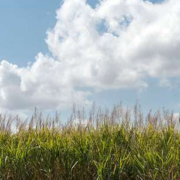
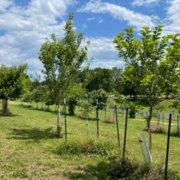
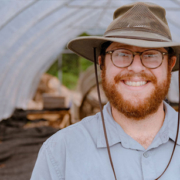
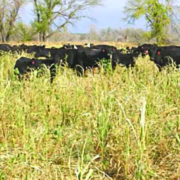
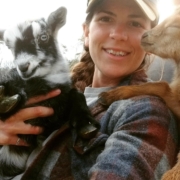
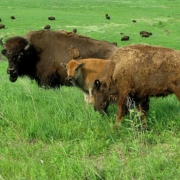

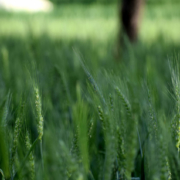
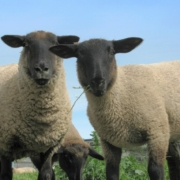
 NCAT
NCAT